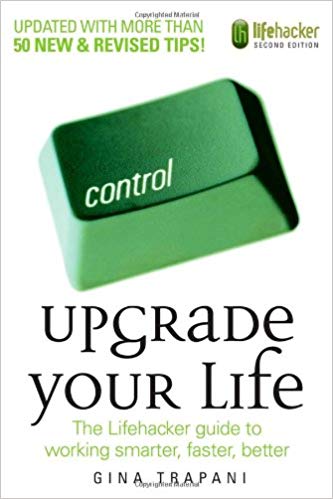I’m reposting here the introductory text to the Piet Zwart Instituut’s XPUB’s Special Issue #7, which I had the honor to guest-edit. I take this chance to thank the PZI for inviting me and the PZI students for their enthusiasm during the whole trimester. You can find out more about process, bibliography, and outcomes here.

While technology promises to speed up and simplify what we do, our workload increases and diversifies. Why is that? Is it because we are tirelessly entrepreneurial beings, so that as soon as a new horizon opens up, we can’t wait to move towards it? Or is it that the efficiency required by the systems we inhabit imposes the toll of adapting to them? Or rather is it their very inefficiency that we have to make for?
Whether our shifting environment works properly or not, we optimize our ways of managing what’s around us. This activity has a lasting effect on how we see ourselves: if we are able to manage (which means both being in charge and coping) we consider ourselves valuable, independent subjects: masters of our own life. Some of these become masters in a general sense: they go on to give public advice and teach other people how to regain autonomy.
In this context, the notion of autonomy is ambiguous. Managing change requires adaptation, which seems at odds with autonomy. And yet one is as free as they can adapt, no matter how precarious what to adapt to is. This is a matter of framing: adaptation is not framed as a passive mode of adjusting to outside conditions, but as an attempt to take one’s life in their own hands, to “pull oneself by one’s own bootstraps”, so to speak. Adapting means reinventing oneself on a daily basis, tweaking yesterday’s self so that it can become a better today’s self. This is what the imperative of flexibility –and more recently of “resilience”– prescribes: optimal bending as liberation.
Since there is no definitively set norm or standard to fulfill, self-optimization means living a perennial state of exception. To this we oppose exercises, rituals, daily liturgies. We challenge unpredictability with repetition. Borrowing from German philosopher Peter Sloterdijk, we can call these exercises anthropotechnics: multimodal techniques aiming at self-improvement. Or, we can call them, more simply, “life hacks”. Under the rubric of life hacks we find the the tactic we adopt to find a spot with plug in a café, the imaginative ways to limit our social media use, or the drug we take to feel confident on stage.
Coined in 2004 by tech writer Danny O’Brien, the term “life hacks” originally identified the tips and tricks that “overproliphic alpha geeks” would use to deal with their inbox, schedule, etc. Life hacks were first conceived as ways to increase productivity and efficiency “in all walks of life”. The concept inspired the creation of some extremely popular blogs like lifehacker.com and soon became common parlance.
Despite of their origin, life hacks are not necessarily rooted in software, they are simply ways of doing things better and faster crystallized in repeated exercise. But what if life hacks themselves become a burden, instead of a relief on our lives? What if yet another smart shortcut adds up leading to exhaustion and burnout?
This trimester we will use life hacks as a way to explore self-optimization, autonomy and exhaustion in three spheres of daily life where they play a relevant role: the management of time, the use of space, and the relationship with one’s own mind.
We will collect existing life hacks related to these areas and we will create our own, with the goal of producing tensions between different modes of living and and disciplining rationales. Can life hacks reject adaptation? Can life hacks be healing? Can they be reflexive? Can they lead to secession or asceticism? Where and how are life hacks performed? By whom and for whom are they conceived?
Each series of life hacks will be documented within a three-modules printed publication that will be presented each time a new module is published. The life hacks related to the first module will be developed in small groups, the ones for the second module will be conceived individually. Finally the life hacks for the third module will be exchanged among students to be performed and reinterpreted.
Resources:
- https://www.nytimes.com/2005/10/16/magazine/meet-the-life-hackers.html
- http://web.archive.org/web/20031024152455/http://www.oblomovka.com/entries/2003/10/22
- https://knowyourmeme.com/memes/life-hacks
- http://conferences.oreillynet.com/cs/et2004/view/e_sess/4802
- https://lifehacker.com/036370/interview-father-of-life-hacks-danny-obrien
